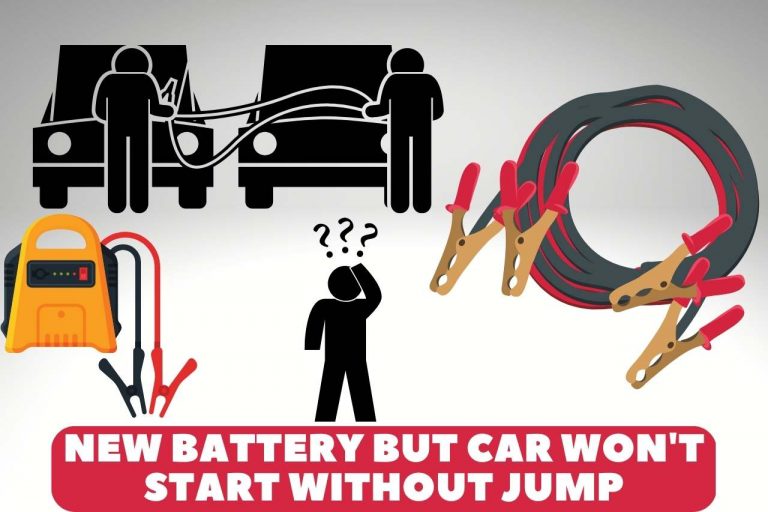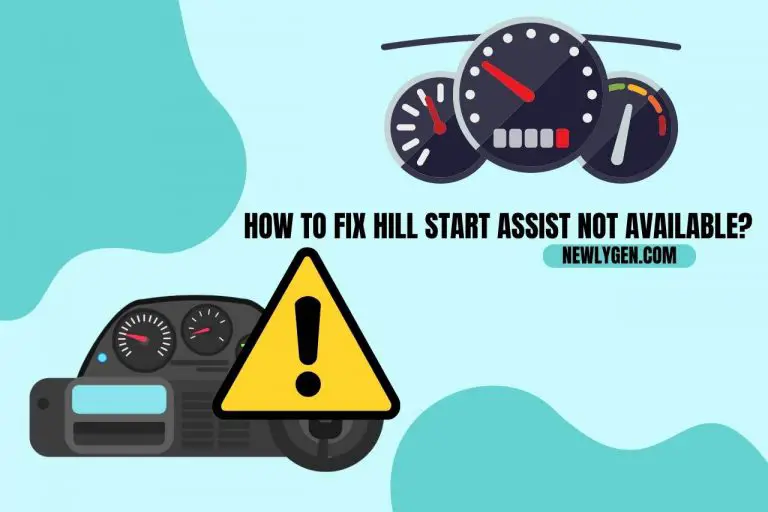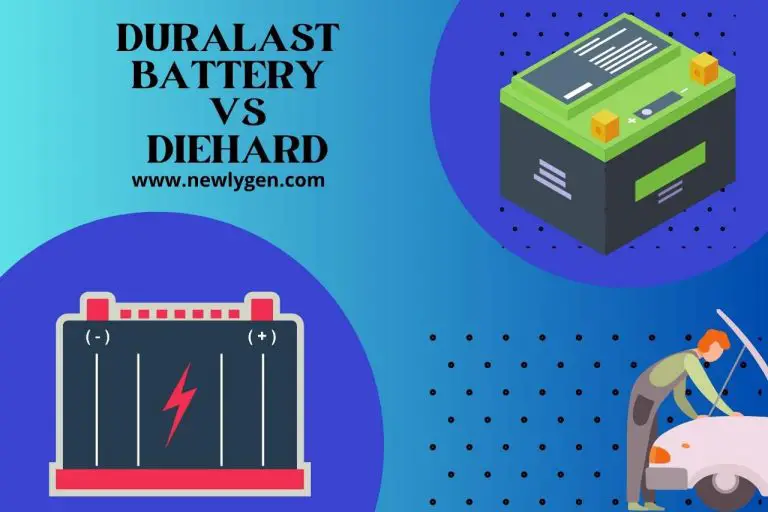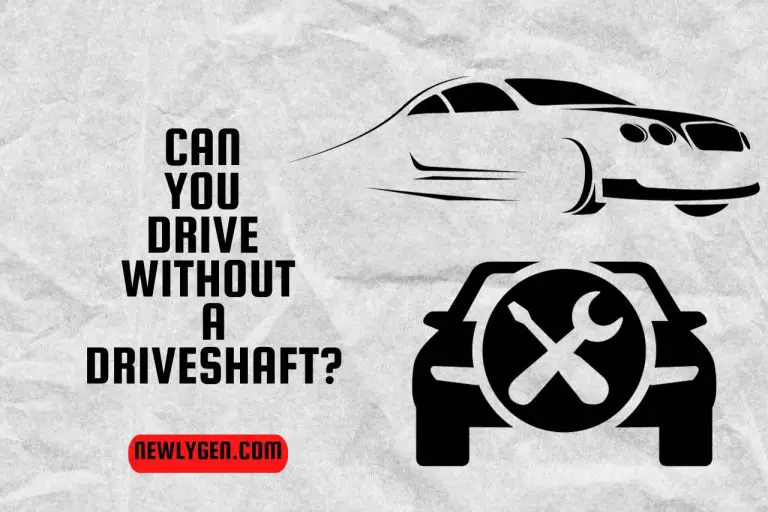Common Problems After Engine Replacement: Addressing Common Issues
Engine replacement is a big job that frequently happens for various reasons, like engine failure, severe wear and tear, or performance improvement. While an engine replacement can give a car new life, it can also bring about several difficulties that mechanics and owners should be aware of. So, Today, In this article, we will be discussing “Common Problems After Engine Replacement”
Common Problems After Engine Replacement
Several typical issues could develop following an engine replacement. Although engine replacements are frequently carried out to address pre-existing problems, specific difficulties can arise because of various causes while the replacement process is being carried out.
Numerous parts must be disconnected and reconnected when replacing an engine, which may cause oil leaks if seals and gaskets need to be installed correctly or replaced. Low oil levels, lower engine performance, and potential damage to other engine parts are all consequences of persistent oil leaks.
Coolant leaks, like oil leaks, may happen if hoses, gaskets, or the radiator are not properly reconnected or sealed following the engine replacement. Low coolant levels can cause overheating and possibly harm the engine.
Electrical connections and wiring harnesses may be disconnected and reconnected during engine replacement. Unintentional cable damage, poor connections, or sensor problems might cause warning lights, engine misfires, and other electrical faults.
The timing must be precise for an engine to perform at its best. The engine’s timing may be wrong if the timing belt or chain is not aligned correctly or tensioned during the replacement, resulting in decreased power, harsh idling, or even engine damage.
Engine mounts hold the engine firmly to the car’s chassis while absorbing vibrations and preserving the engine’s alignment. It may cause significant vibrations and alignment problems if improperly installed or damaged during replacement.
What To Do After An Engine Replacement To Minimize Problems?
- Follow the manufacturer’s instructions and suggestions when breaking into an engine. For the engine parts to settle and wear in correctly, this usually entails driving the car for a predetermined number of miles at a given speed and RPM range.
- Look for any fluid leaks in the oil, coolant, and other systems. Ensure all connections, hoses, seals, and gaskets are securely placed and tightened. To avoid damage and the loss of essential fluids, take fast action to stop any leaks.
- During the initial weeks following the engine replacement, check the coolant and oil levels frequently. Maintaining correct fluid levels is crucial for the best engine lubrication and cooling.
- Make that the engine’s timing is set and aligned correctly. Inefficient performance, higher fuel consumption, and potential engine damage can all result from improper engine timing.
- Check that the Engine Control Unit (ECU) is compatible with the new engine and has the necessary programming.
- Have a qualified mechanic thoroughly examine the entire car, not just the engine. Critical systems, including the cooling system, exhaust system, transmission, drivetrain, and suspension, should all be examined during this examination.
- Take the car for a test drive to assess the engine’s output and responsiveness. Pay attention to odd vibrations, sounds, or warning lights that might point to a problem.
- If necessary, reset any maintenance indicators or service alerts that might have been set off during the engine replacement procedure.
- Verify that the present transmission and the new engine are compatible. Performance and drivability problems might result from mismatched engines and transmissions.
- Observe the manufacturer’s suggested maintenance regimen for the new engine. Change the engine oil, replace the filters, and perform regular inspections to identify and handle any arising difficulties as soon as they arise.
- Keep meticulous records of the engine replacement and all subsequent maintenance and repairs. This information will be helpful for future reference and warranty claims if appropriate.
- After the engine replacement, have any difficulties that still exist or any new ones resolved immediately by a skilled mechanic.



FAQ
How long will a car last after replacing the engine?
The new engine’s strength and durability are critical. A high-quality engine will likely last longer and perform better, whether new or remanufactured.
Technicians with the necessary training and experience must replace engines properly. The possibility of issues or early engine and component wear and tear is decreased by proper installation.
Any car with a recently replaced engine needs regular and good maintenance to last a long time. A longer lifespan is achieved by following the manufacturer’s suggested maintenance schedule, replacing fluids and filters, and immediately taking care of minor concerns.
Is it worth replacing an engine for your car?
The engine replacement may be possible if your car is relatively fresh and in good overall condition.
An important consideration is the engine replacement cost. The cost of a new engine can be high, and if the car’s value is much lower than the expense of replacing the engine, it might not be financially prudent to do so.
Think about your car’s market value now. It might be worthwhile to spend money on a new engine to keep the automobile operating if the vehicle’s value is high relative to the expense of the engine replacement. Examine the state of the car’s other significant parts. The car may be nearing the end of its useful life if certain parts begin to show indications of wear or will soon need to be replaced.
Some owners may place sentimental significance on their car or feel a close bond with it. In these circumstances, replacing the engine might be a wise financial decision to keep the vehicle on the road.
Can I purchase a car with a replaced engine?
Buying an automobile with a rebuilt engine may be acceptable if specific requirements are met. If the engine replacement was done correctly and the rest of the automobile is in good shape, a vehicle with a replaced engine can still be dependable and valuable.
Ensure the engine replacement is done at a reputed auto repair shop or by a qualified and reliable mechanic. The possibility of a dependable vehicle increases with a skillfully performed engine replacement and a high-quality engine. Request the necessary paperwork for the engine replacement. This should contain invoices, warranty information, and (if appropriate) information on the engine’s origin and mileage.
Have a skilled mechanic perform a complete inspection of the vehicle. Any potential problems with the replaced engine and other vehicle systems will be found during a professional inspection. Test-drive the vehicle to evaluate its capabilities and usability.
Look at the vehicle’s history report to see if any serious problems may have led to the engine replacement, such as flood damage or previous accidents. Review the conditions and coverage offered if a warranty covers the replacement engine. A warranty can provide assurance and protection if the new engine has unanticipated problems.
Here’s An Interesting Video To Watch,
VIDEO CREDITS: Scotty Kilmer YouTube Channel
Recommended for You: Similar Articles to Explore


![How Often Should you Check the Fluids in your Car? [Brief Guide]](https://newlygen.com/wp-content/uploads/2023/03/how-often-should-you-check-the-fluids-in-your-car-768x512.jpg)




